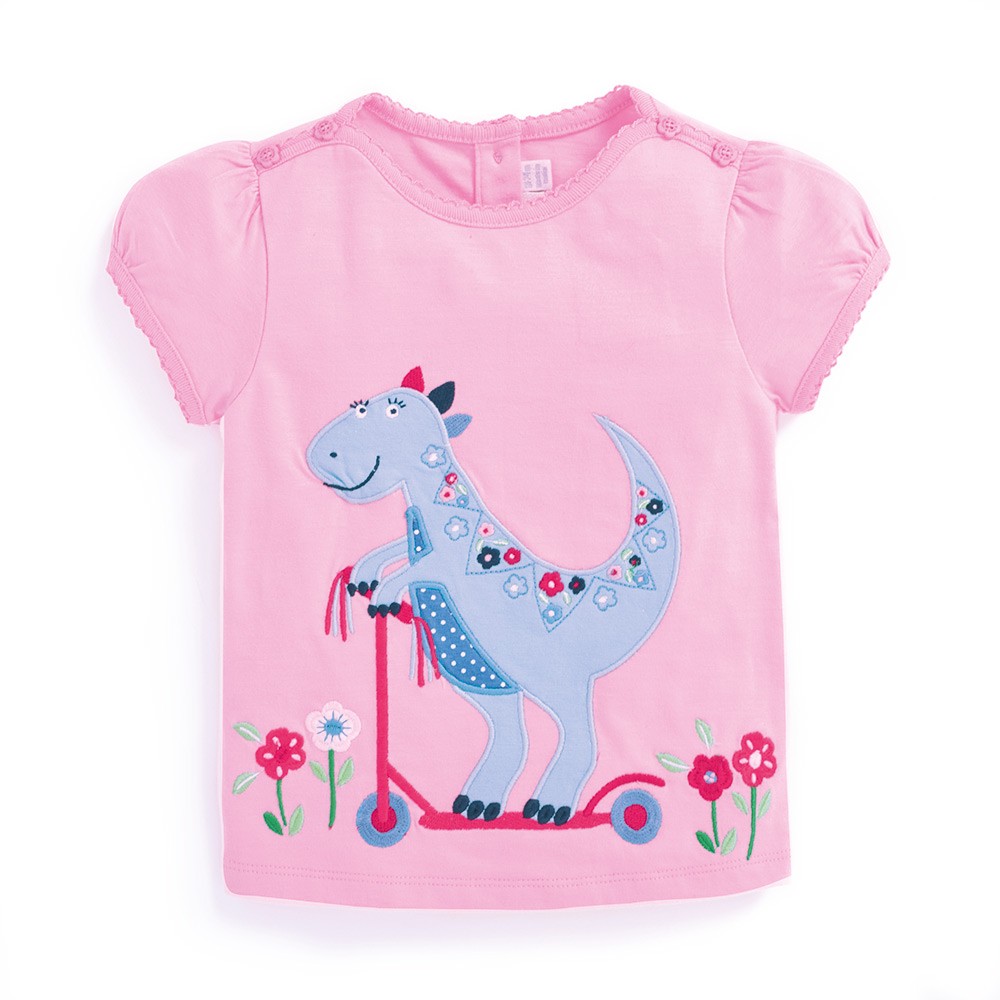

Today I celebrated my eldest daughter’s third birthday. She is vibrant and energetic and so far (seemingly) unencumbered by the social expectations linked to her gender.
She has no interest in what she wears. She likes playing with dolls as much as she does tractors and dinosaurs. She resolutely does not allow me to style her hair in any way: she rocks a wild and untamed mass of blonde curls as a result.
And yet, I am becoming increasingly aware that messages about who she is and who she should be as a girl are seeping into her environment. Her gender is a biological status, but it has a myriad of possible social implications. When I read the recent study that showed that girls as young as five believe that genius is a male trait, my heart sunk.
It is alarming, but perhaps not surprising when we consider the everyday sexism that our daughters face. From the clothes they wear to the pink hued ‘Girls’ section of the toy shop, they are encouraged to be nurturing, gentle, sweet and beautiful. To be concerned with aesthetics. My daughter loves dinosaurs, but the only clothes bearing their image in the girls’ section of Jojo Maman Bebe, have these creatures decked in effeminate pastel hues and (bizarrely) riding scooters. I bought her the (anatomically correct) boys one instead.
When talking with my daughter’s nursery nurse last week (who is wonderful and has a great relationship with my daughter), the words used to describe the way she played implied that she was not aligning with stereotypes.
She climbs. She doesn’t mind getting dirty. She plays with the boys. She has no interest in dressing up. She confidently plays with the older children. She speaks up.
She is brave, energetic and confident: as a woman, will these qualities lead to her being labelled bossy? I hope she never changes.
I have two daughters and I work in state girls’ school. More than ever I feel the responsibility of helping to raise and educate strong minded young women. Too often, I see girls who confidently speak their mind at GCSE, wilt and take a position of submission when at Sixth Form, the boys reappear in the classroom.
It is part of what motivates me to push forward with my career after my maternity leave finishes. To feel like you can be a leader, you first need to see leaders like you. I want my daughters and students to know that it is perfectly possible to have a family and push forward professionally (if that is what they want to do. As ever it is about choice).
I am also using my time to think of ways to continue to build the confidence of the young women I teach. I loved the ‘Like a Girl’ campaign and blogged about a lesson I taught in the past. My school does it well. We have a strong Ethos, Leadership responsibilities and a focus on oracy and I am developing ideas for an assembly on managing confrontation inspired my an article from the Lean In agenda. But in the meantime, in continuing to try to raise my daughters to become fearless individuals, I hope that the next generation of young girls will feel less pressure and more liberated.
Frances Ashton (@FKAEnglish)
Recent Comments